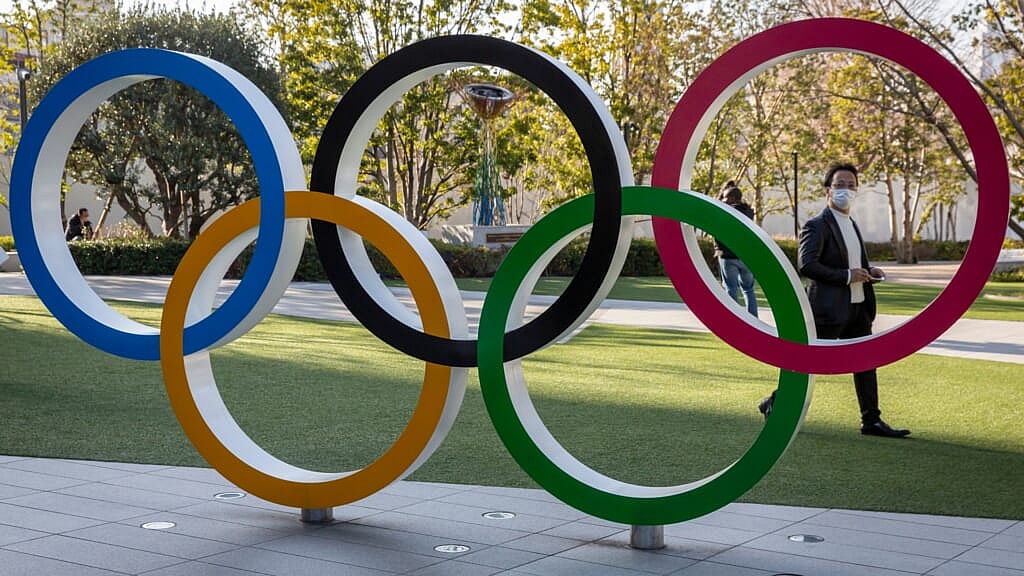The U.S. Olympic and Paralympic Committee has announced it will not sanction athletes who show their support for the Black Lives Matter movement through actions like raising of fists or kneeling during Olympic trials.
The USOPC shared a nine-page document detailing their decision and listing what types of demonstrations would and would not be allowed.

Actions like holding up a fist, kneeling during the national anthem and the donning of face masks or hats with phrases like “Black Lives Matter” or words like “equality” or “justice” will no longer warrant sanction.
“Impermissible elements” of demonstration would include wearing any clothing with what is deemed hate speech, hand gestures that are affiliated with hate groups, violence, defacing a flag or “protests aimed explicitly against a specific organization, person or group of people.”
Read More: Official collapses during NCAA men’s tournament game
USOPC Chief Executive Officer Sarah Hirshland wrote that the new guidance “defines latitude for athletes to express their personal perspectives on racial and social justice in a respectful way and without fear of sanction from the USOPC.”
The changes will only apply to the Olympic trials, but not the Olympic Games in Tokyo, which is run by the International Olympic Committee. The IOC has not released any changes to their rules that outlaw “demonstration or political, religious or racial propaganda.”
Read More: Michael Strahan closes trademark gap in must-see reveal
The 1968 demonstration of raised fists by American track athletes Tommie Smith and John Carlos remains an iconic image of protest on the international stage, John Dominis‘ photograph capturing a moment of political resistance at the Olympics. The two Black men, gold- and bronze-medal winners respectively, were subsequently stripped of their awards and ostracized for decades. They have since become public speakers and the subjects of several documentary films.
In June of 2020 during a summer of racial protests, Hirshland announced the USOPC had created “an athlete-led group to challenge the rules and systems in our own organization that create barriers to progress, including your right to protest.”
Have you subscribed to theGrio’s “Dear Culture” podcast? Download our newest episodes now!
TheGrio is now on Apple TV, Amazon Fire and Roku. Download theGrio.com today!

